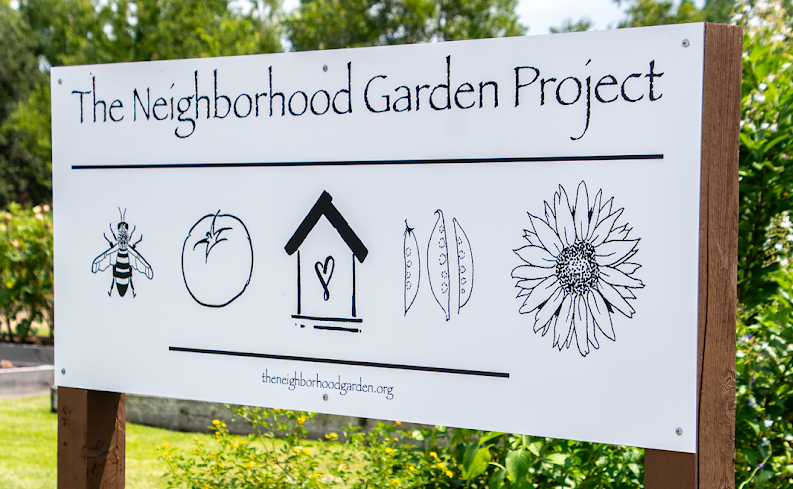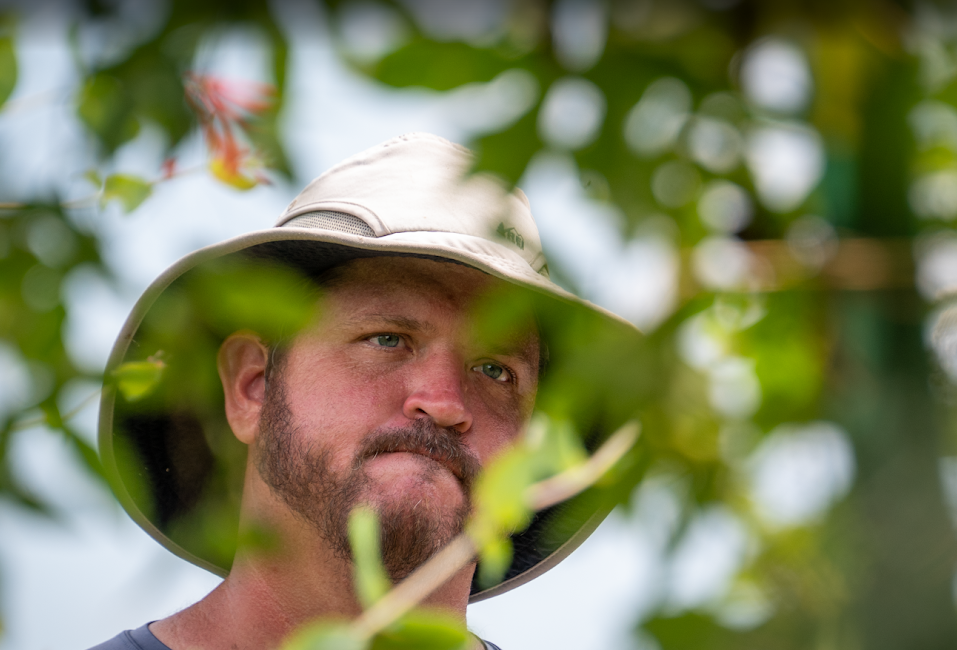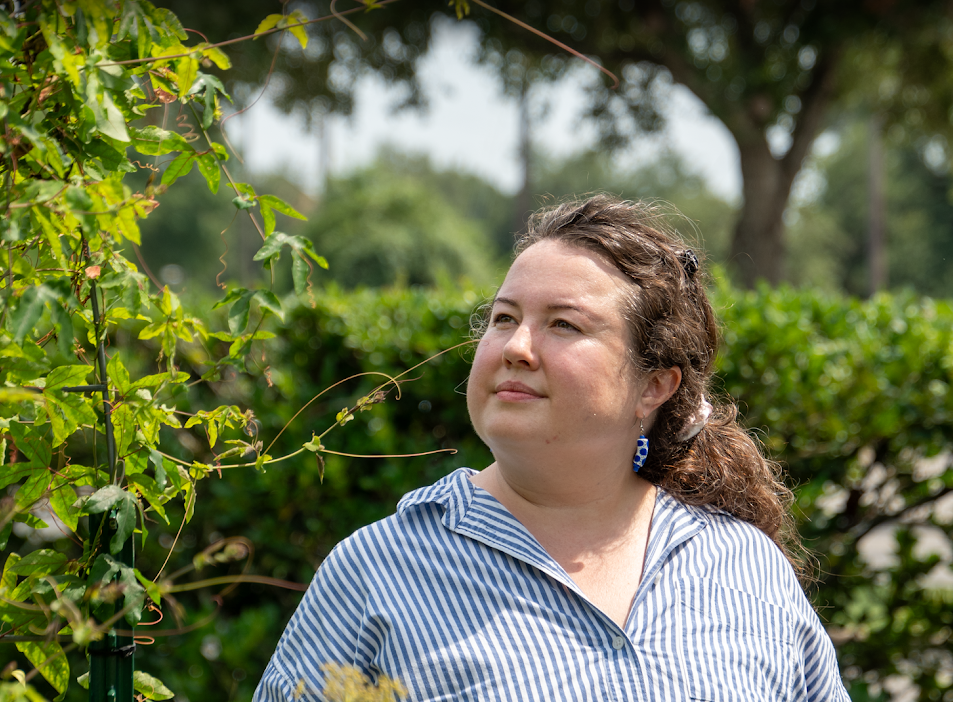Missional communities are spiritual and relational gatherings that foster authentic, transformational relationships between the church and its neighbors. They encourage us to join in the good work God is already doing in our communities. These gatherings combat loneliness by creating spaces for transformational conversation, shared meals, spiritual practices, physical wellness, play, and creativity.
Humans are made to live in a community. But in our fast-paced, always-online world, belonging can feel distant, sometimes even impossible. According to The World Health Organization (WHO), one in six people worldwide struggles with loneliness. In the United States, nearly half of adults’ report that no one really knows them well.
Loneliness has become so common that it is now described as a new epidemic, affecting people of every age and culture.
Why does this matter? Because into this landscape of disconnection, missional communities are emerging as sanctuaries of belonging. In the Episcopal Diocese of Texas, more than 120 missional community groups have taken shape. Each of them born from someone’s desire to connect with others and share a common purpose.
Rooted in faith, connection and hospitality, these groups offer more than volunteer programs. From laundry communities to sports, grief support, gardening, music, sewing, and beyond, they create intentional spaces where people can gather just as they are, cultivating spiritual, emotional, and social growth together.
The Neighborhood Garden Project

In Katy, Texas, the Neighborhood Garden Project is more than a garden. It’s a place where people grow. At St. Paul’s, Katy, there are no fences or gates, just open soil and open hearts. Full-time garden stewards like Kayla walk alongside visitors, listening, guiding, and building relationships. “The best part of my day is seeing the people who step into the garden. You can feel their relief the moment they arrive,” she shares.
Here, families plant not only vegetables but also life rhythms. Children learn to harvest and cook, neighbors become friends, and cultural diversity flourishes—like a family from India sharing bitter gourd from their homeland.

Josh, the founder of the Garden, explains: “I’ve been growing food for a long time; now it’s time to cultivate people. We don’t separate fruit from formation. They have to go together.”
Lizzie, a priest and church liaison, adds: “This is God’s Garden, a place where people grow spiritually. The moment I stepped into it, I felt like I had come home.”
Over the years, the project has inspired other congregations, like Emmanuel Church and campus ministry initiatives across the diocese, to create spaces where people can slow down and reconnect with creation.
Cultivating Humanity

Health is more than physical or mental. It is also social. Social health is the strength of our relationships, our sense of belonging, and the feeling of being valued and loved.
As Sue Stuart-Smith writes in The Well-Gardened Mind: “Tending a garden isn’t just about growth above the soil. It’s about what happens within us.” The same is true of missional communities. They cultivate not only food or programs but the very essence of what can possibly be God’s purpose for people.
For Julie, a participant in the Neighborhood Garden Project, the experience is life-changing: “Being here, working with others, I finally feel like I’m part of something bigger than myself. It’s not just gardening; it’s learning how to care for life and for each other.”
Stories of Connection and Healing
The Neighborhood Garden Project is one shining example. Across the Episcopal Diocese of Texas and beyond, other missional communities are cultivating belonging in powerful ways:
- Youth Soccer League, San Pedro, Pasadena: What began with 30 children now serves more than 120. Beyond sports, leaders walk with families through joys and sorrows, nurturing physical, social, and spiritual health.
- Love Notes Chorus, St. Matthew’s, Austin: A choir for those with memory loss, caregivers, and volunteers. Weekly rehearsals and concerts become places of joy, refuge, and solidarity.
- Angleton Community Choir, Holy Comforter, Angleton: A community-wide choir where singers of all ages and abilities gather to create beauty and belonging.
- Laundry Love, Calvary, Richmond: Through the simple act of washing clothes for families in poverty, volunteers create space for presence, care, and conversation.
- Sewing Seeds, St. Luke’s, Lindale: By partnering with local foster care programs, members mentor teenage girls through sewing, stories, and encouragement.

Each of these initiatives reflects the same truth: connection heals. Loneliness decreases, trust grows, and people rediscover themselves in the company of God and others.
Missional communities are about presence, intention, and love. They remind us that belonging is not optional: it is a basic human need.
In these sacred spaces, strangers become friends. Solitude transforms into community. And belonging takes root in ways that heal the body, mind, and spirit.
If you want to know more about missional communities, contact Kelley McRae: kmcrae@epicenter.org
Click here to view more photos